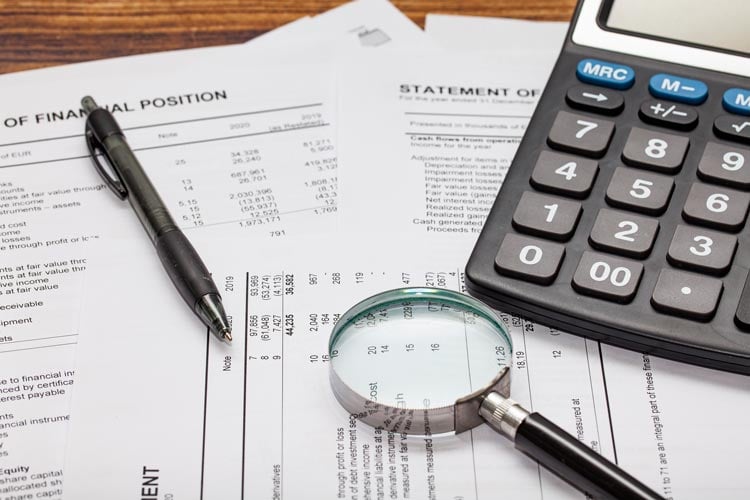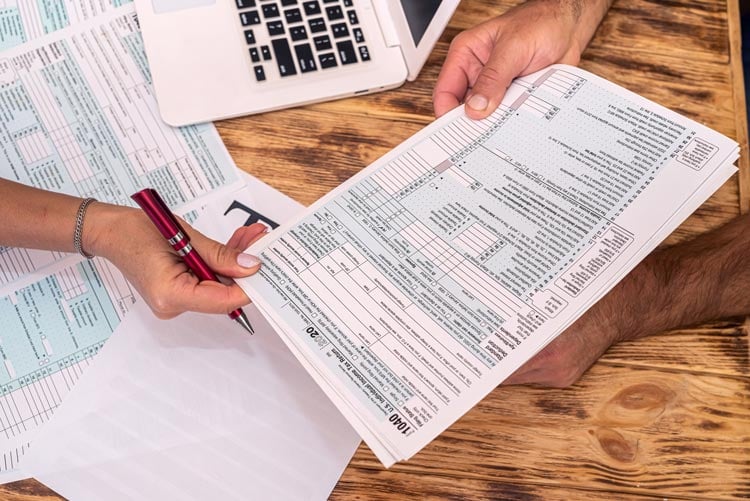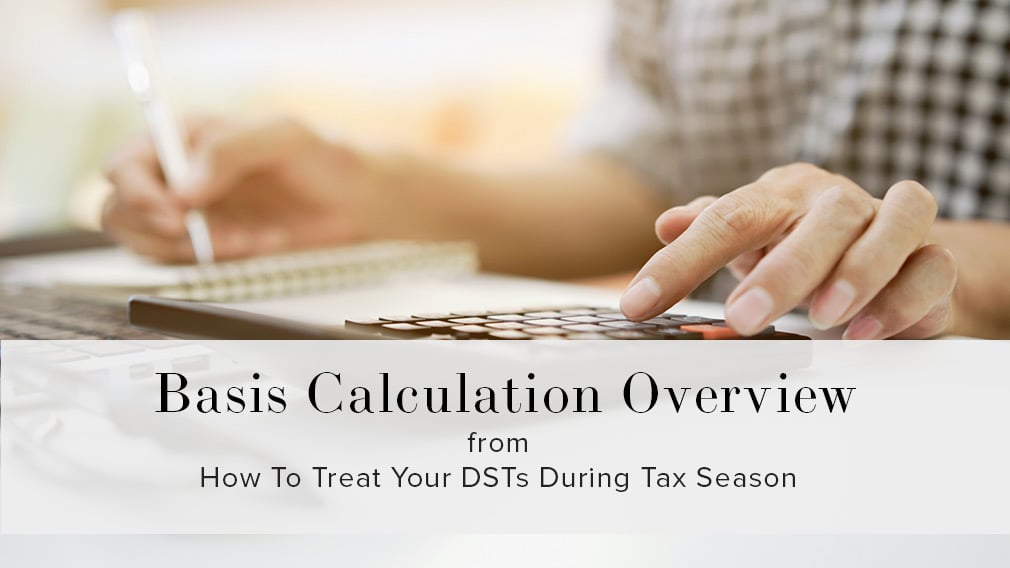How Do Opportunity Zones Make Money?

The information and write-ups about the Opportunity Zone program tend to focus on two things:
An Overview of REITs

REITs allow investors to get involved with real estate investing passively. There’s no property management as is often required with real property. An investor’s equity in a REIT turns into fractional ownership of real estate. There are many types of REITs to choose from. In this article, we’ll give an overview of several different types of REITs.
How is an Installment Sale Taxed?

The 2023 federal tax deadline is April 18 for most of the United States and U.S. territories. Some states (most of California and parts of Alabama and Georgia) have a longer deadline, due to natural disasters impacting those areas.
Do 1031 Exchanges Get Audited?

Any tax return is subject to audit by the IRS. However, with limited resources constraining how many audits it can conduct, the IRS likes to focus on returns that show some potential (from the IRS perspective) of hitting pay dirt. As a result, the IRS audits fewer than four of every 1000 returns. Eighty-five percent of those audits are simple computer-generated requests for additional documentation. However, it's worth noting that the 2022 Inflation Reduction Act included funding for increased enforcement so that the numbers may change in the future.
[Webinar Recap] How To Treat Your DSTs During Tax Season: Understanding Basis Calculations

A Delaware Statutory Trust, or DST, is an investment vehicle that can help investors seek passive income while having fractional ownership in commercial real estate. When investing in a DST, you can use a 1031 exchange to defer the capital gains taxes due when you sell an investment property.
When was the 721 Exchange Created?

The 721 exchange, also known as a contribution or an Umbrella Real Estate Investment Trust (UPREIT) exchange, is a tax-deferred transaction that allows investors to exchange their ownership in a property for ownership in a larger, more diversified real estate investment without incurring immediate taxes on the gains from the sale of the original property.
What is an Example of Capital Gains Income?

Saving to build a financial nest egg is important in all stages of life. Investing some of your savings can be an effective way to grow your personal wealth and ensure a comfortable retirement.
How Are Mortgage Rates Determined?

Your mortgage interest rate can substantially impact your monthly payment and even your ability to qualify for a home or investment loan. You have probably noticed that rates are volatile, increasing from below three percent last year to recent rates of over seven percent for a 30-year fixed loan before settling into the 6.5 percent range. By comparison, back in the early 1980s, mortgage rates hit 18 percent.
What is an Example of an Installment Sale?

Completing a 1031 exchange is a common way for real estate investors to defer capital gains tax liabilities on the sale of investment properties.
The History of Capital Gains Taxes

Any time you sell an investment asset for a profit, you’ll generate capital gains tax on those proceeds. These assets can include stocks, bonds, precious metals, cryptocurrencies, and similar investments, as well as commercial real estate.


